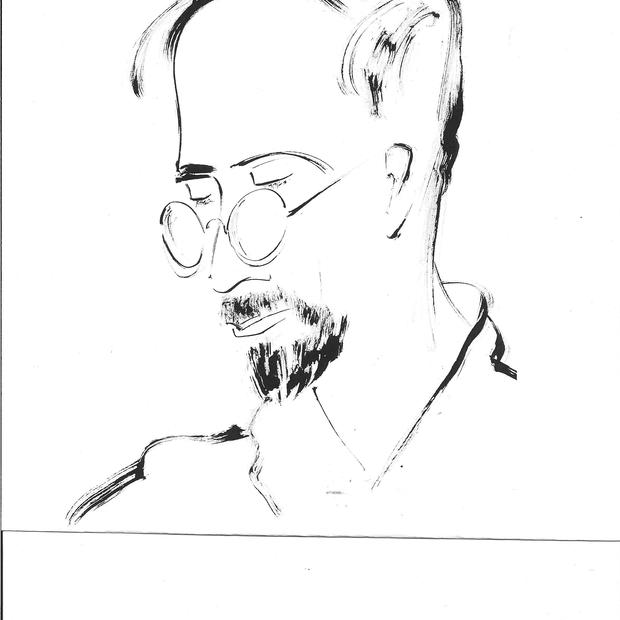Taste in films, as anyone who’s been on a movie date knows, is a peephole into the soul — or at least a peek into a person’s character. Advice columns used to tout video stores, together with supermarkets, as safe places for girls to meet guys: They could check us out at the checkout, according to whether we bought nachos and cheap beer or sockeye and Syrah, or preferred I Use your Skull as a Cup to Drink your Blood to Casablanca. The stakes are compounded when political figures’ movie choices get cast into the spotlight: Robert Bork’s nomination to the U.S. Supreme Court started to unravel when Washington, D.C.’s City Paper secured his rental log from his neighborhood video store — even though his tastes seemed quite mainstream.
Given how fraught such disclosures are, you have to admire the courage of Seattle’s mayoral candidates. They accepted PubliCola's and the Northwest Film Forum's invitation to choose a favorite film for screening this weekend and Monday, and introduce it to the audience.
Mayor McGinn gets to go first, on Friday. He eschews what would have seemed the obvious choice during his first “Mike Bikes” campaign — a 1970s environmental fable like Soylent Green, Silent Running or The China Syndrome. Instead Hizzoner makes a safe choice: Robert Mulligan’s beloved 1962 film of Harper Lee’s beloved novel To Kill a Mockingbird, a fable of empathy, courage, reaching across racial lines and noble lawyers like, implicitly, Mike McGinn, only played by Gregory Peck. Will the mayor surprise us with an Atticus Finch impersonation? Fortunately, Horton Foote’s screenplay cuts out the parts of Atticus’s famous courtroom speech that might seem dated, even — dare we say it? — racist today.
Next on the bill, on July 6: longtime neighborhood activis Kate Martin presents a tale of truth triumphing over power on a much, much larger field than her Greenwood base — Alan Pakula’s All the President’s Men, about the two young Washington Post reporters whose exposés led to President Richard Nixon’s downfall. Interesting choice for someone seeking to become a political chief executive.
Even more interesting —daring even — is Councilman/candidate Bruce Harrell’s choice: another rousing ’70s classic, Frank Shaffner’s Papillon, based on Henri Charrière’s bestselling memoir of cruelty and endurance in France’s Guiana penal colony. Does Harrell identify with the eponymous hero, played by Steve McQueen, who does indeed fly like a butterfly, out of a prison that tries to hold him. Certainly the indomitable jailbird nicknamed Papillon embodies qualities Harrell likes to project: boldness, independence, thinking outside the box. On the other hand, he’s a career thief. And does Harrell see the City Council as a Devil’s Island, to be escaped at all costs?
In picking Ken Loach’s The Wind that Shakes the Barley for screening on Sunday, Ed Murray taps a much more explicitly political filmmaker. The Wind, a family epic set amidst the Irish Revolution and subsequent civil war, is a rare big historical production from the Loach, Britain’s neorealist master of intimate, sometimes didactic neorealist tales of working-class struggle against cold, exploitive systems. Steadfast socialist, unafraid to goad Israel or post bail for Julian Assange, Loach is also a bold choice. By celebrating his work, Murray can display dedication to the downtrodden as well as to his own Irish roots.
But the boldest choice of all may be Peter Steinbrueck’s pick for Monday: Buddy, the Rise and Fall of America's Most Notorious Mayor, a profile of Vincent A. "Buddy" Cianci, Providence, Rhode Island’s answer to Richard M. Daley and one of the longest-serving big-city mayors in U.S. history. Does Steinbrueck, who for personal reasons bailed out of his City Council seat and an inside track in the last mayor’s race, mean to suggest that he’d now emulate Cianci's steadfastness? Buddy Cianci led Providence’s hailed “renaissance” in the 1990s and never lost an election. On the other hand, he was forced to resign after being convicted of felony assault (with a lit cigarette, an ashtray and fireplace log on a guy he claimed was having an affair with his wife). Eventually re-elected, he resigned again following convictions on 26 racketeering-related counts.
Buddy seems the most audacious and colorful cinematic choice of all, and Steinbrueck’s explanation for it may be the most interesting in the whole series.
Schedule and ticket information is here.



